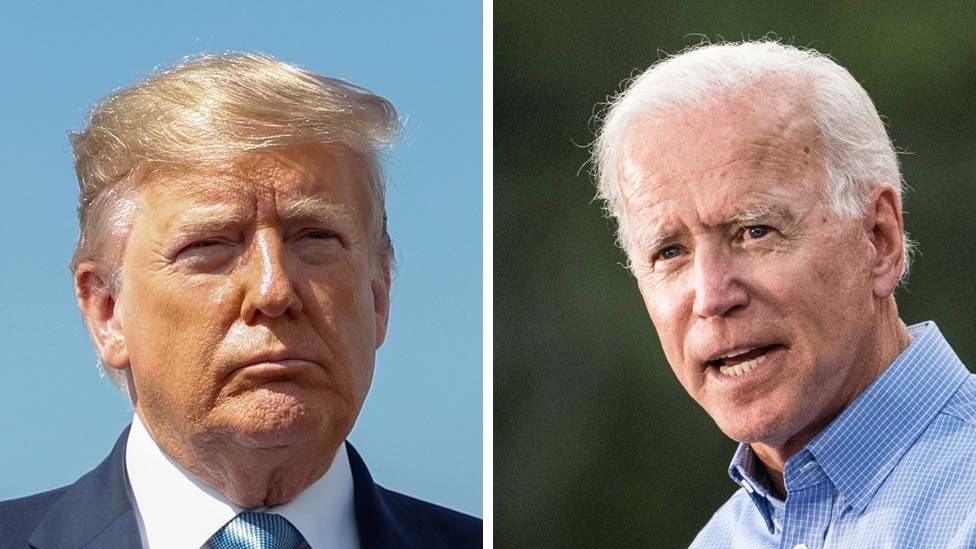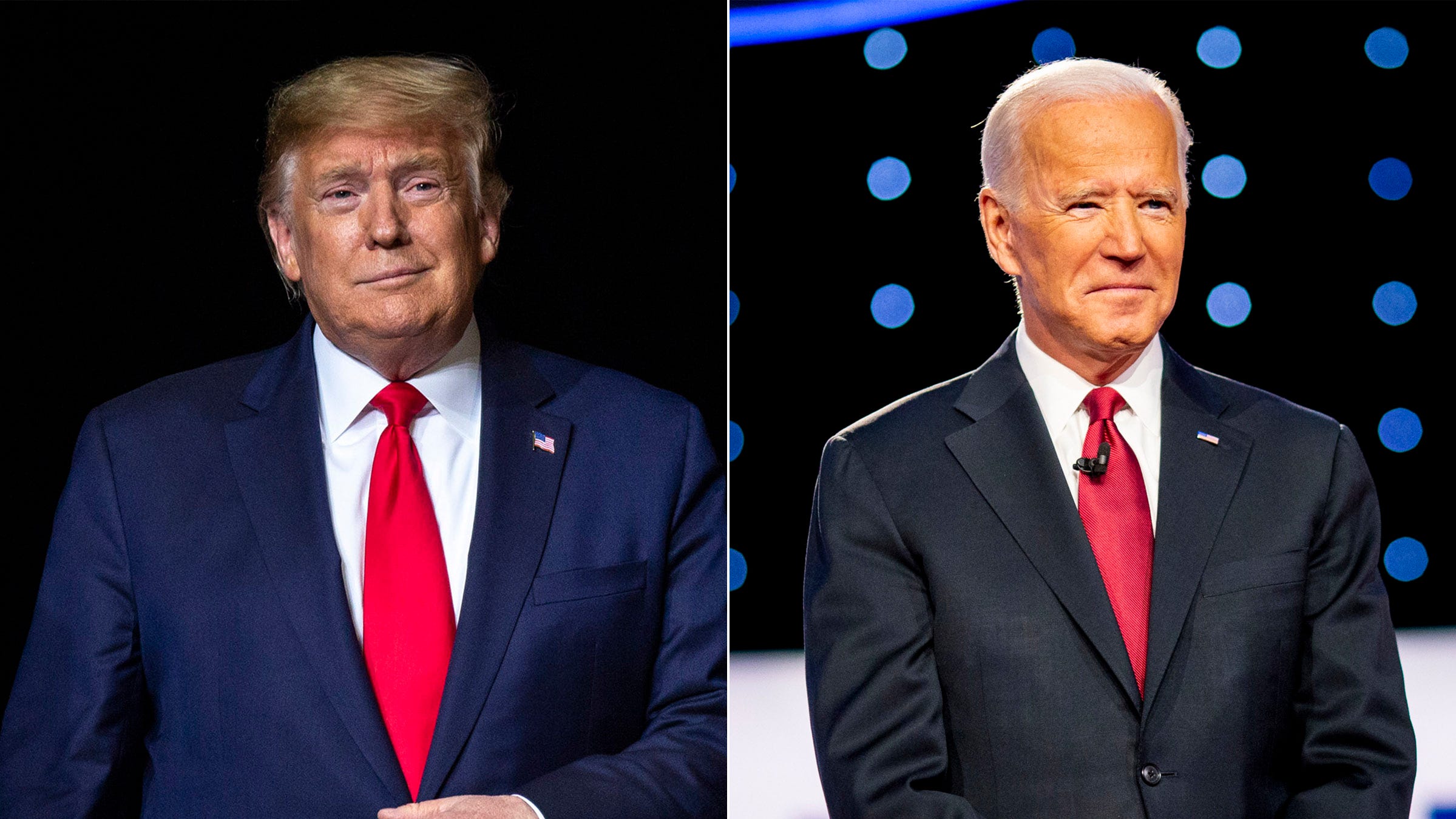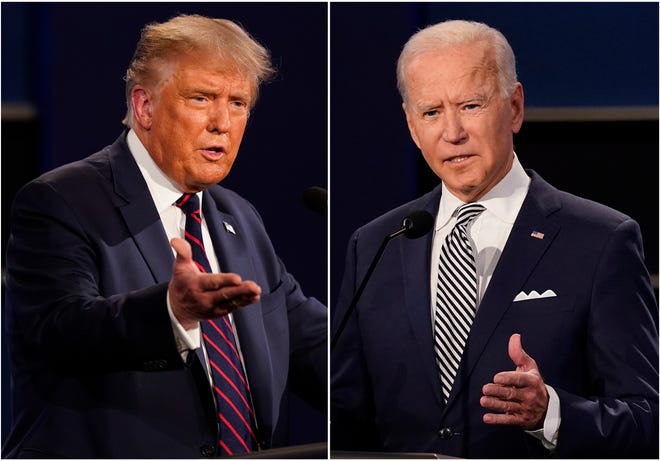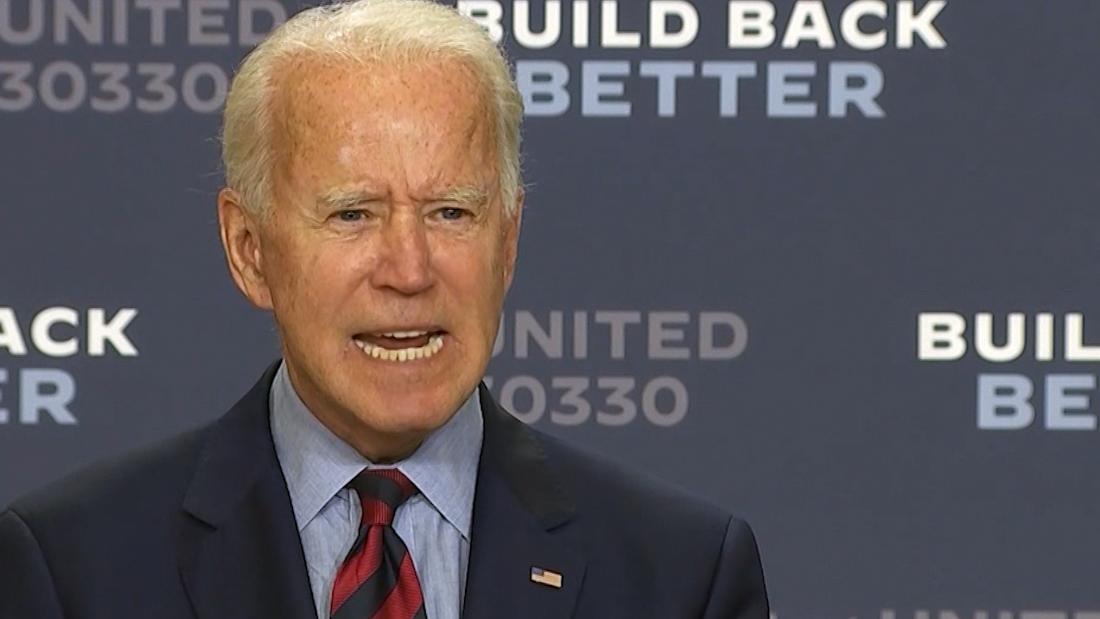Biden Critiques Trump’s Economic Record and Unemployment in Pennsylvania Speech

Biden Critiques Trump’s Economic Record and Unemployment in Pennsylvania Speech
In his Labor Day speech on Monday, President Joe Biden appeared to target his potential 2024 rival, former President Donald Trump. This speech was strategically delivered in Pennsylvania, a crucial state that played a pivotal role in Biden’s 2020 election victory and will be significant for his reelection bid in 2024. By addressing the crowd in Pennsylvania, Biden aimed to bolster his support base in a state that is expected to be fiercely contested in the upcoming presidential race.
The political rivalry between Biden and Trump remains a central theme in U.S. politics, and both leaders continue to engage in public exchanges and political maneuvers. Biden’s Labor Day speech served not only as an opportunity to advocate for his administration’s policies but also to make a case for his leadership and vision for the future, implicitly contrasting it with his predecessor’s tenure. The state of Pennsylvania, often referred to as a swing state, holds strategic importance in the broader context of U.S. presidential elections, making it a key battleground for both parties.
During his Labor Day speech in Philadelphia, President Joe Biden positioned himself as a strong advocate for labor unions and a defender of workers’ rights. He used the opportunity to explain his administration’s economic policies to the American public, particularly addressing concerns about the economy, despite indicators like easing inflation and low unemployment rates.
Biden highlighted the economic challenges the country faced in the past and indirectly criticized his predecessor, former President Donald Trump, by pointing out that Trump was one of only two presidents in history who left office with fewer jobs in the country than when they took office. This statement was aimed at contrasting his own economic record with that of Trump, presenting himself as a leader who has overseen job growth and economic recovery.

By speaking to union workers and emphasizing his commitment to labor unions, Biden aimed to solidify support among key constituencies that played a role in his 2020 election victory and will be essential in any future presidential bid. Labor unions have historically been a significant base of support for the Democratic Party, and Biden’s speech sought to reiterate his administration’s dedication to policies that benefit workers and the broader American economy.
During former President Donald Trump’s tenure, the United States experienced fluctuations in its employment landscape. When Trump took office in January 2017, unemployment rates fell, and the job market witnessed significant growth, characterized by job creation and a strong economy. However, towards the end of Trump’s presidency, the country faced a sudden increase in unemployment due to the economic impact of the COVID-19 pandemic.
Since President Joe Biden assumed office in January 2021, the United States has seen consistent job growth, with an average of 436,000 jobs added per month. This positive trend has resulted in the country surpassing the pre-pandemic peak in employment, with approximately 4 million more jobs compared to the previous levels.
The statements made by both President Biden and former President Trump’s spokesperson, Steven Cheung, are representative of the ongoing political polarization in the United States, particularly when it comes to economic matters.

President Biden, in his Labor Day speech, highlighted his administration’s efforts to reverse economic downturns and job losses that occurred during the early stages of the COVID-19 pandemic. He emphasized the recovery in job numbers and aimed to connect with labor union workers, a crucial part of the Democratic Party’s base. However, he also took a veiled swipe at his predecessor, Donald Trump, by suggesting that Trump had left office with fewer jobs than when he began his presidency.
President Biden’s comments on the tensions between the United Auto Workers (UAW) union and the Detroit automakers reflect the administration’s stance on labor relations and its interest in preventing disruptions to the automotive industry. Biden’s statement expressing doubt about the likelihood of a UAW strike when the current contract expires on September 15 signals a desire for labor stability in the sector, which is crucial to the U.S. economy.
The National Labor Relations Board’s decision to investigate the UAW’s claims that General Motors and Stellantis were not bargaining in good faith highlights the complexity of labor negotiations in the automotive industry. Such investigations are part of the regulatory process designed to ensure fairness in labor disputes.
The outcome of these negotiations will have implications not only for the automotive companies and their workers but also for the broader economy, given the significance of the auto industry in the United States. The Biden administration’s involvement and interest in these labor relations underscore the importance of reaching a resolution that balances the interests of both labor and management.

UAW President Shawn Fain’s response to President Biden’s comments reflects the union’s determination to secure favorable terms for its members in the upcoming contract negotiations. Labor unions like the UAW often use the possibility of strikes as a bargaining tool to pressure employers into addressing their demands. Fain’s statement underscores the seriousness of the negotiations and the potential for labor unrest if an agreement is not reached.
As noted, economic issues, including labor relations and job growth, are expected to be significant factors in the 2024 presidential race. Both President Biden and former President Trump will likely highlight their respective records and approaches to economic policy as they seek to win over voters. Labor unions and their negotiations, like those in the automotive industry, could become focal points in this political contest, particularly in states with a strong presence of manufacturing and unionized workers.
The focus on infrastructure investment and job creation, especially with an emphasis on union labor, aligns with President Biden’s broader policy agenda and his aim to address economic concerns. Pennsylvania’s status as a politically competitive state makes it a critical battleground for the 2024 presidential election, as it has in previous elections. President Biden’s messaging in Pennsylvania highlights his administration’s commitment to economic recovery and job growth, which is essential for garnering support in states like Pennsylvania.

The Reuters/Ipsos poll underscores the significance of economic issues, particularly inflation, in the minds of Americans. Inflation concerns have been a focal point of political discourse, with both Democrats and Republicans offering differing perspectives on its causes and potential solutions. As the Federal Reserve monitors inflation and considers interest rate adjustments, economic factors will continue to play a central role in shaping political narratives and public sentiment leading up to the 2024 election.




